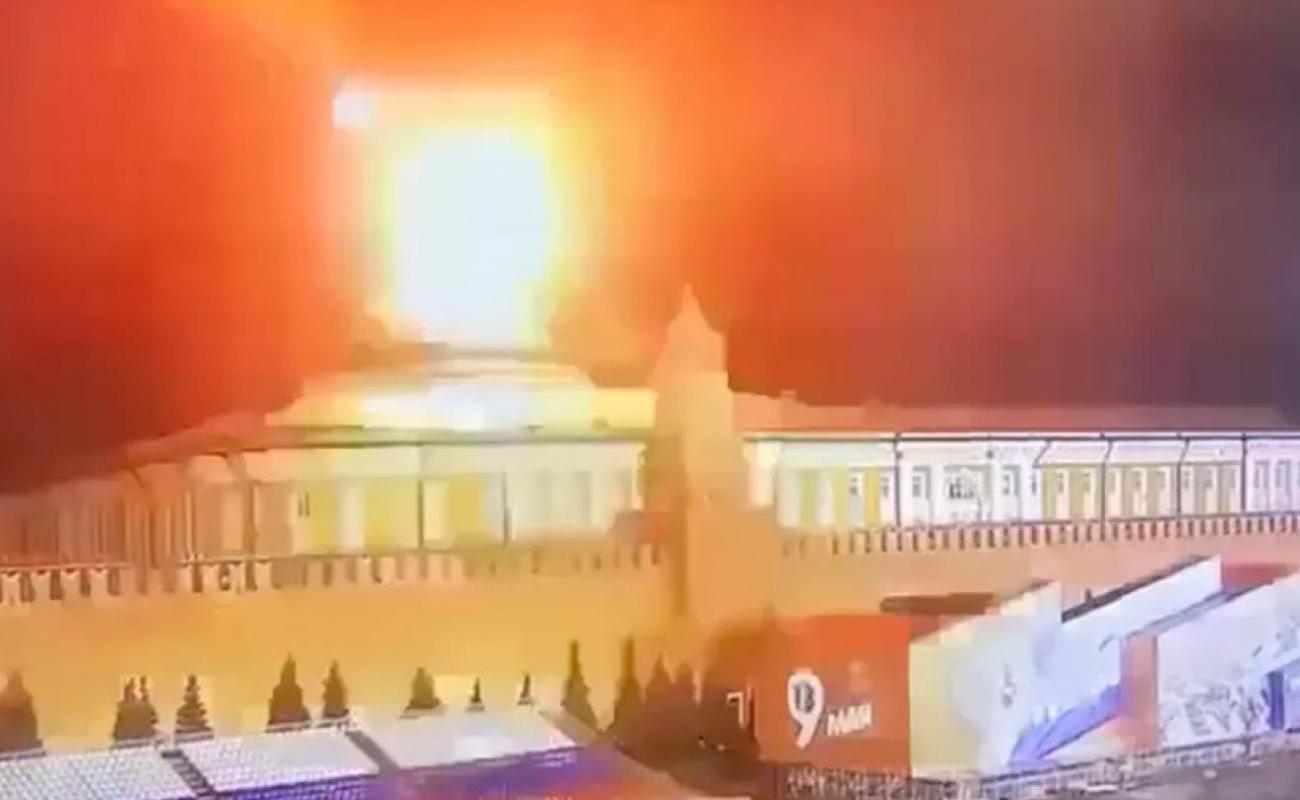Russia-Ukraine Intelligence Clash: A War Within a War
The weakness of Russian military intelligence emerged, according to a Times report, during the invasion of Ukraine, as its calculations proved to be wrong, as well as those of Russian military commanders.

A report in the British newspaper The Times reveals that the conflict between the Ukrainian and Russian intelligence services is an independent war within a war, noting that the institutions of the two countries come from the same source, which arose at the very beginning of the Soviet Union, while Ukraine was under its control.
The report added that Ukraine inherited a branch of the General Intelligence Directorate (GUR) located on its territory, while Russia took over most of the central assets of the Soviet military intelligence service GRU, as well as all operational elements on its territory.
It is also said that the Russian military intelligence service has witnessed victories as well as disasters during the Putin era. It showed poor results during the attempted invasion of Georgia in 2008. The Russian president appointed General Igor Sergun to its head in 2011, who proved to be a capable and energetic boss. He realized that the secret to winning Putin's trust was to hear exactly what he wanted.
Weakness
The weakness of Russian military intelligence emerged, according to a Times report, during the invasion of Ukraine, as its calculations proved to be wrong, as well as those of Russian military commanders.
The paper pointed out that Russian military intelligence had a network of agents ready to take the initiative and paralyze the effectiveness of the Ukrainian chain of command, but almost nothing happened. Perhaps because they were not ready to wage a large-scale war, or because the Ukrainians were more willing to act without waiting for orders from above.
In contrast, the Times report said, Ukrainian military intelligence was able to seize the initiative. The paper praised the great role of its leader Kyryl Budanov, who was a former officer of the Soviet Spetsnaz agency, in contrast to his Russian counterpart, Admiral Igor Kostyukov, who was a naval intelligence analyst.
Spetsnaz are an elite special operations force within the Soviet military intelligence service and were the strike force of the Soviet Union's military.
Green light
The Times suggested that Ukrainian President Volodymyr Zelensky had given Budanov the go-ahead to stir up "trouble" in Russia and make Russian citizens fear the war would come to their homes.
The British newspaper states that Budanov is known as an energetic and ruthless person, and that the Ukrainian military intelligence service is probably behind the "sabotage attacks" that have recently taken place in Russia.
The paper also referred to the explosion that led to the derailment of a freight train in the Bryansk region this month, as well as the drone attack on the Kremlin, which, according to the report, was probably the work of the Ukrainians or, at the very least, was carried out with their instructions. Russian elements.
It reveals that Russians loyal to the Ukrainian issue, or at least hostile to President Putin's policies, have proven useful in countering Russian agendas in various forms.
Russian opposition organizations
The Times stated that Russian military intelligence played a key role in ensuring the effectiveness of the Ukrainian Foreign Legion, made up of volunteers from around the world, but, most importantly, had close relations with Russian opposition organizations such as the Russian Volunteer Corps and the Legion of Free Russia. .
The Times also referred to the symbolic incursion of the Russian Volunteer Corps across the border in the Bryansk region in March last year and the organization of a joint attack with the Free Russia Legion on the Belgorod region, in which several border guards and policemen were killed.
Western concerns
The report notes that the growing ambitions of Ukraine's military intelligence services have alarmed some Western countries. According to leaked US intelligence reports, the US Central Intelligence Agency (CIA) had to contain Budanov to avoid attacks inside Russia, the report added.
Unconfirmed reports also suggest that Moldovan authorities have asked the Americans to warn Budanov against trying to stir up trouble in the breakaway region of Transnistria, where Russian "peacekeepers" oversee a large arsenal of weapons and ammunition inherited from the Soviet era.
